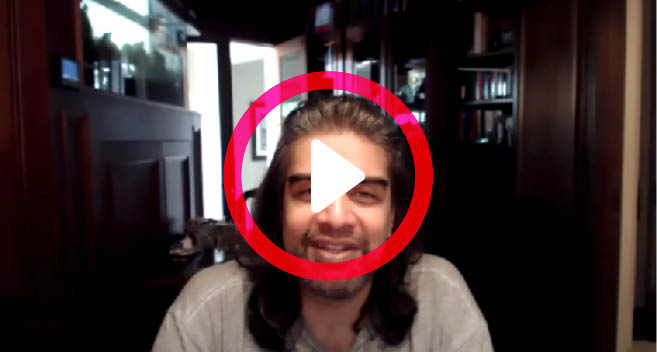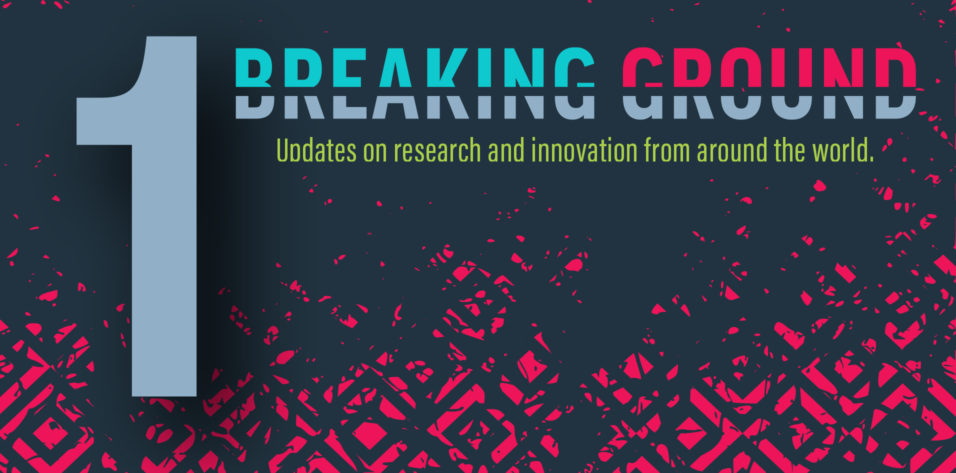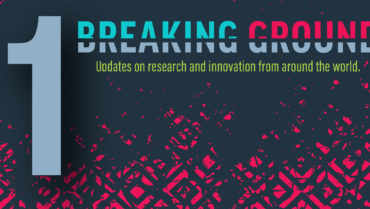If necessity is the mother of innovation, then crisis is the father. In a crisis, systematic weakness has nowhere to hide. Crises overtly expose a system’s shortcomings, forcing it to adapt or die. The COVID-19 pandemic is a crisis unlike any we have ever seen, and most of us are still coming to terms with its implications. The most significant implication for health care is that we have no more excuses for our shortcomings.
As health care providers, we set the tone for how we practice medicine. We have established rules and regulations to keep patients safe and to ensure that their care is uncompromised. However, over time, many of those rules and regulations have become a crutch, an excuse to avoid change. While the rest of the world altered the delivery of services to better meet the demands of users, health care managed to avoid much of that change because we were able to slow down and even stop progress with a wall of bureaucracy. COVID-19 busted that wall down.
When forced to change or shut down practice, providers adapted at an amazingly rapid pace. Suddenly, we could offer virtual care and provide more efficient screenings. We opened up access, streamlined our care models, and leveraged technologies to personalize care. Governing health care bodies around the globe could suddenly implement new regulations overnight. The collaboration between health care administrators and front-line providers has been unprecedented. At a speed that would rival even the most successful private-sector organization, we adapted to provide care that worked for people—it was almost as if the system was suddenly built around the patient and not the provider.

Video | Innovation and Research in the Ophthalmology Practice. Click the image to watch now!
COVID-19 will pass, and we will make it through together. There will be lingering hardships, but most things will eventually return to normal. Health care will not. Health care systems around the world have been exposed for all to see. Our failure to implement tools that have revolutionized every other sector—technology, big data, and user-centered design—has been exposed. Moreover, our ability to implement systems to improve care for patients when it also worked for us has invalidated any excuse we had to return to business as usual. What started due to safety concerns has blossomed into a more enhanced, immersive, and connected patient experience. As hard as this has been on health care, it might be just what we needed.
We got knocked down. But we have an opportunity to get up, to learn from this, and to be stronger for it. I have spent a career championing innovation and pushing against the status quo. Now that I have seen what health care is capable of in a crisis, I realize that my expectations were too low. We need to do what every other industry has already done: embrace technology, utilize data to its full potential, and become serious about the patient experience. A system that delivers the right care at the right place and the right time is a sustainable system that works for patients and providers.
COVID-19 made it clear to me that I need to shift my focus and to champion what matters. We all need to look at this as an opportunity to change how we provide care. We will make mistakes and fall along the way, but we will get back up and continue moving in the right direction. If we don’t learn from this crisis and make ourselves better for it, the next time we get knocked down we might not have the luxury of getting back up.



